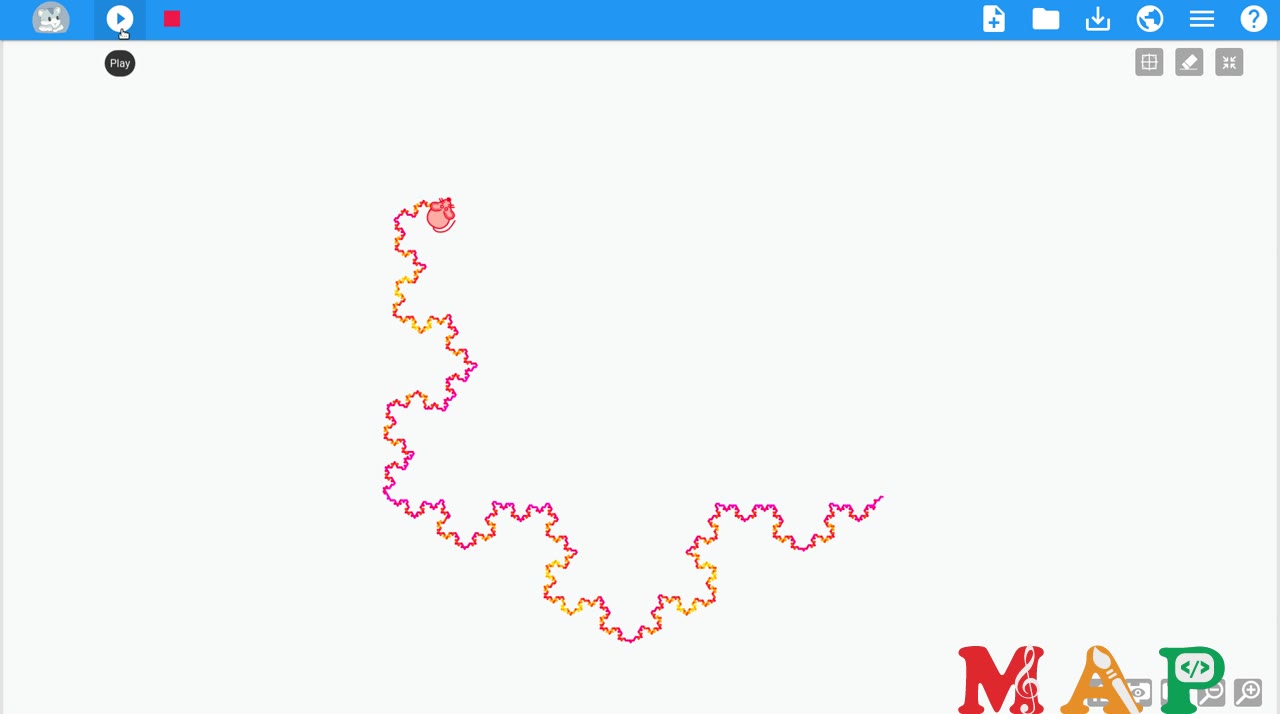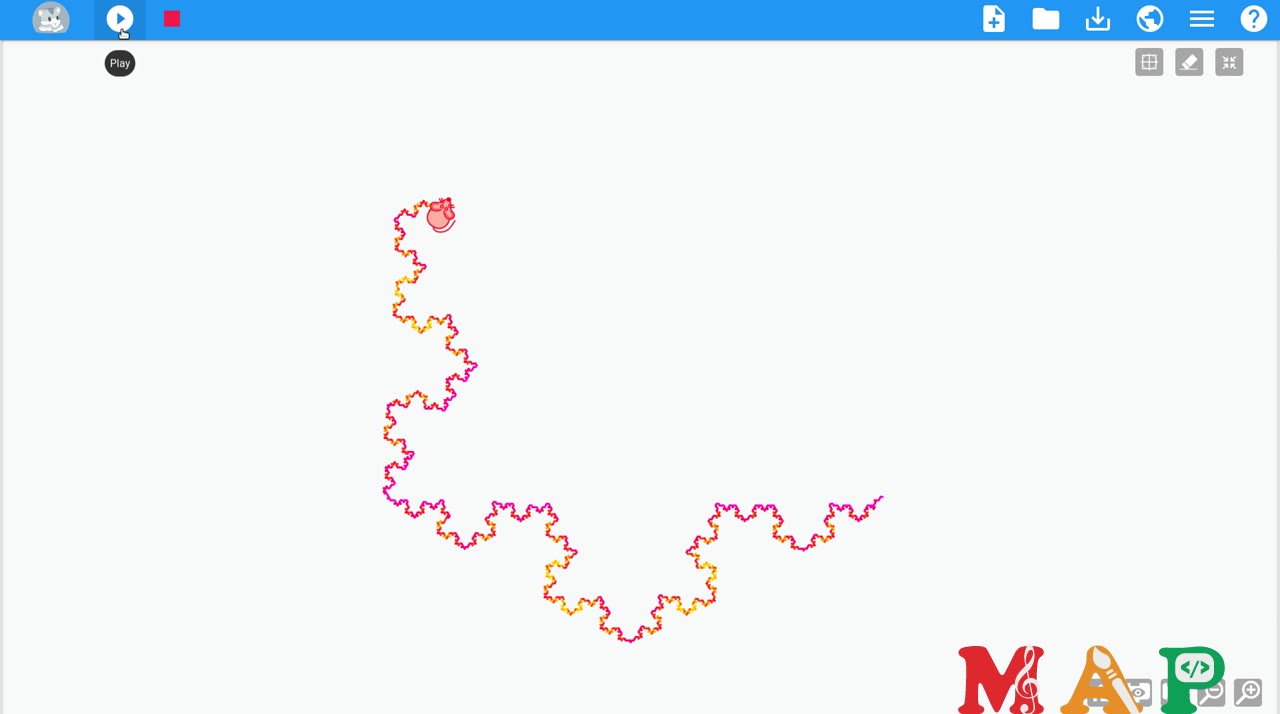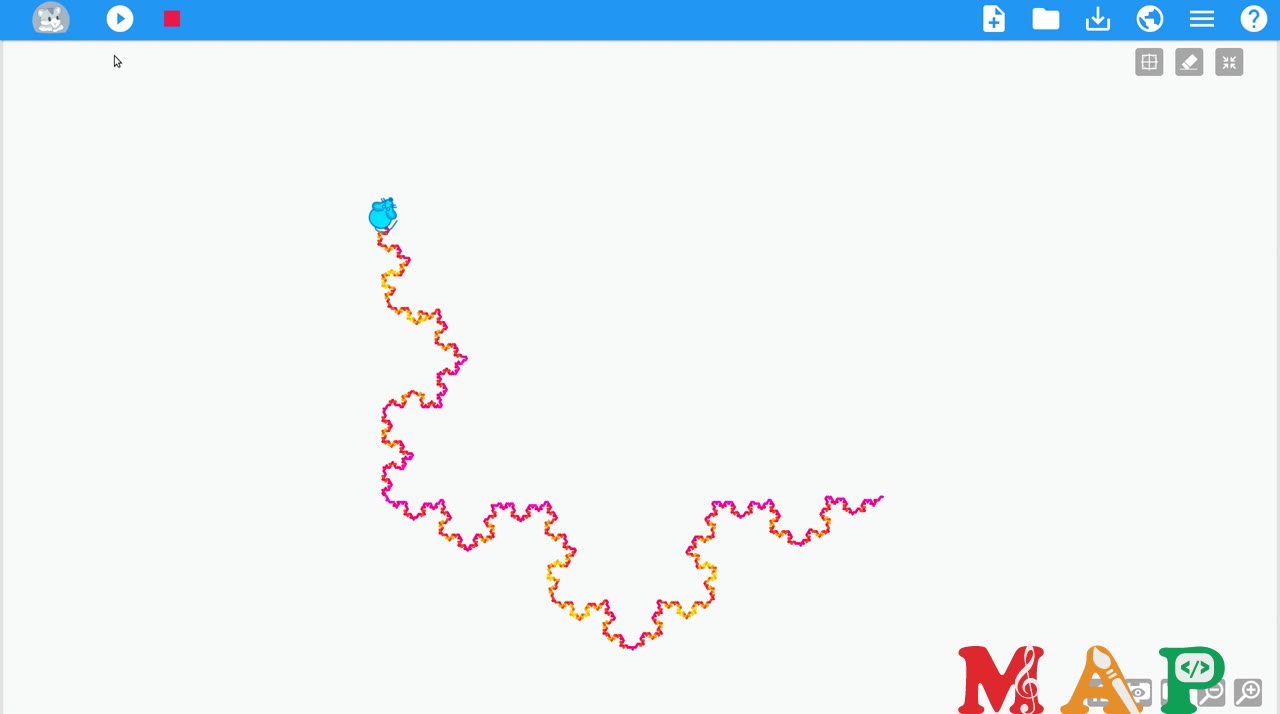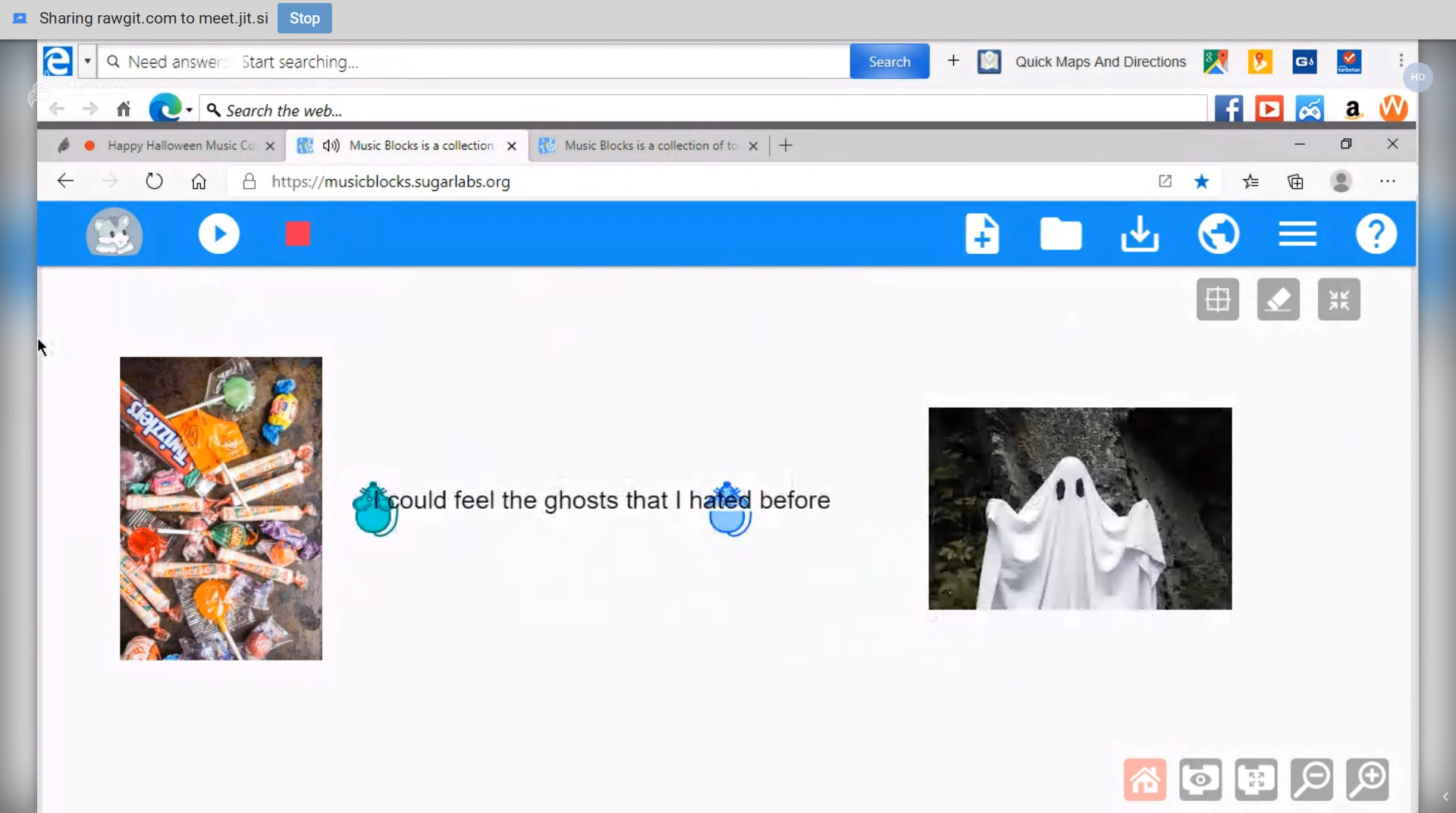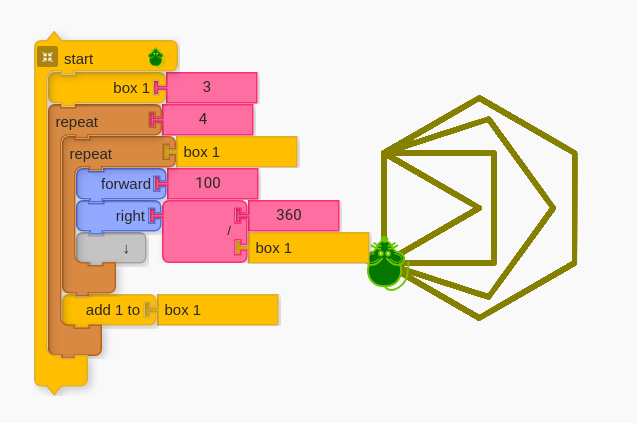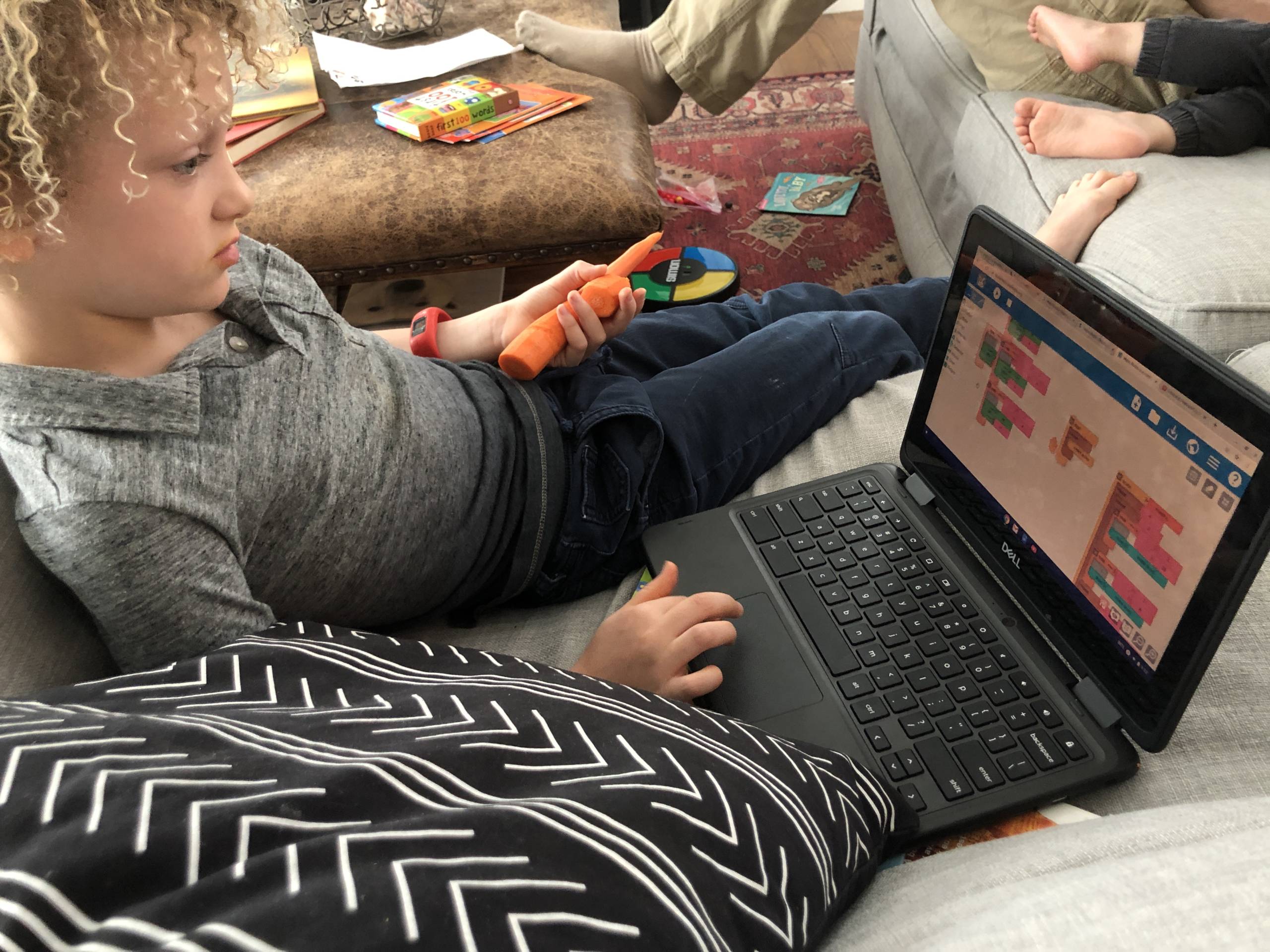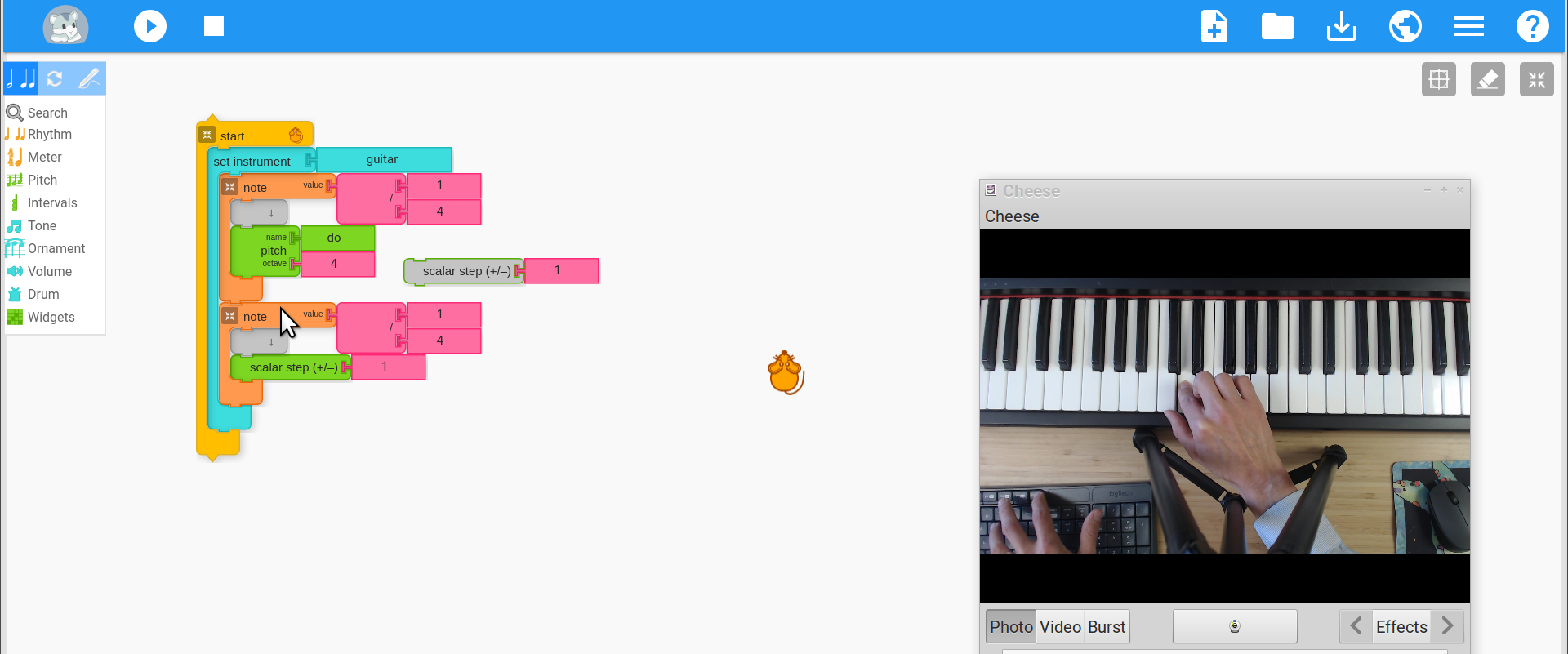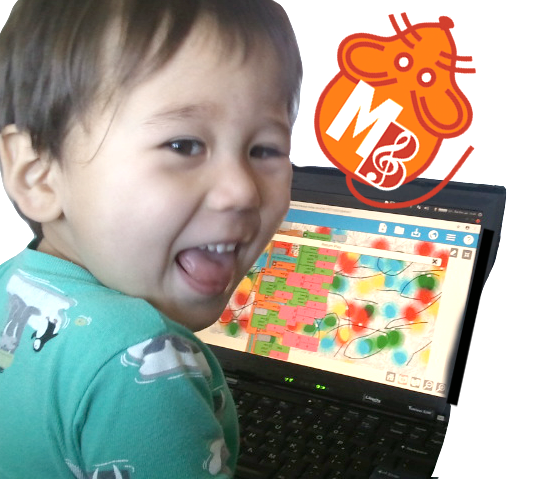
MAP Family Learning Center began in Malden, MA in 2019, and we are very proud to still be headquartered in Malden. This being said, the coronavirus pandemic has moved us to focus entirely on online learning.
“Online” Subdomain
Our intention with the MAPFLC (MAP Family Learning Center) venture is to create a framework teaching artists could use for themselves. How nice would it be if musicians and artists had a “one-click” solution to starting their own school? (As a musician myself, I know that this sort of option would have been a very desirable post-graduation career prospect.) Malden was the first location, and I made myself the first guinea pig, working as the head teaching artist at our Malden location.
For those who may not know, a subdomain is the part of the URL before the “mysite.com” (“www” is the most common subdomain). My vision as I created the website was that teaching artists could benefit from the MAP brand by being connected to our network, while still being “local”. Since the first locality was “Malden”, I made “malden.mapflc.com”. I imagined a teaching artist, for example, in Chicago, would be “chicago.mapflc.com”.
Note to Teaching Artists: Since the website functionality is already built, it really is just a “click of a button” to start someone with their own website on mapflc.com. We continue to work on creating our framework, but we hope that this is something that can add value to what we can do for you.
Since the learning is all happening “online” for much of the foreseeable future, we started “online.mapflc.com”. Doing this also allowed us to redo our look and feel from scratch, now that we have learned more about making a nice website.
Who made the website?
Music+Code instructor, Devin Ulibarri, in the spirit of learning new things, took it upon himself to learn how to create a website by creating mapflc.com. Art instructor, Chie Yasuda, helped choose the theme and guide the general “look and feel” of the website.
What is the toolkit?
The website is built from WordPress, which is distributed at wordpress.org. WordPress is free/libre software, and allows us the freedom we need to extend its functionality.
We used many plugins, such as Booking Activities, Events Manager Pro, and Newsletter to create important features that drive the website.
Free/Libre Software and Education
The other important reason why our choice of free/libre software for the website is significant is it means that any students interested to study how our website works is free to do so. Students curious how WordPress works are encouraged to first go to wordpress.org and download the source code, which is what the computer reads to make the website run.
Music Blocks, the tool we use for our Music+Code classes, is also free/libre. You may always download the source code from Git Hub.
If you are interested in learning more about Music+Code, we encourage you to explore our class offerings.
